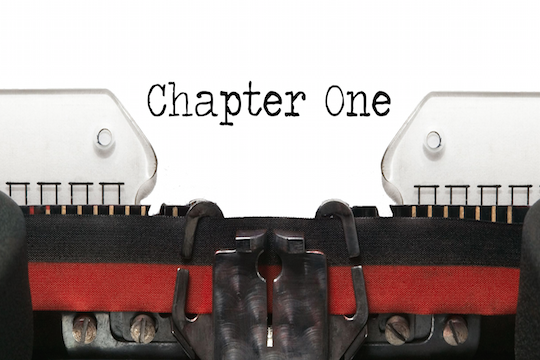You’re part of a powerful story. How you tell it can make a huge difference in your next ventures. In this episode, we talk about the importance of understanding and sharing your own story.

This week’s Inspire Me quote is from Dan Allender:
“Too many people are missing their story because they’re watching the stories of others.”
Why is it important to pay attention to and learn to tell our own stories? Telling our own stories:
- Facilitates connection between us and our listener(s).
- Leaves an impression with our listener(s)—sometimes a lasting one.
- Provides context, reminding us that life is a story.
- Reframes challenges as essential plot points in our stories.
- Gives long-range perspective, reminding us that our stories aren’t over yet, and freeing us to act to change ours.
- Imbues everyday moments with value, helping us embrace them and make memories worth sharing.
- Fosters trust between us and our listener(s).
How do we tell our story? Think of life like a Pixar story:
“Once upon a time, _____. Every day, _______. One day, _________. Because of that, _______. Because of that, __________. Until, finally, _____________.”
Quotes from the show:
- “The struggle is what people relate to, but we never want to share our struggles because we might be judged.” —Armin
- “Every story is a succession of beginnings and endings.” —Leary
- “We tend to focus on the success aspect of a story, and yet the place you identify [with] is in the failure.” —Leary
- “There’s something about overcoming the negative things in our lives—we all have that, the triumphs over the things that hold us back.” —Leary
- “Life is a mixture of both defeat and triumph—and that’s where the power of story comes in to play.” —Leary
- “Everyone has a story and you should know how to share it, because there really is power behind your story.” —Armin
- “It’s not about ‘Just the facts ma’am,’ as Sergeant Joe Friday would say; it’s the story behind it.” —Leary
- “Even if you’re trying to get to the point or trying to have a matter-of-fact conversation, it’s the why behind the what that connects with people so you can get your point across.” —Armin
- “Once you learn how a story works—how to share a story—you realize it’s the struggle that people connect with. You realize the greatest challenges of your life become the greatest stories of your life.” —Armin
- “You want to create empathy with someone? Don’t tell them you understand. Talk about a time when you went through a similar thing.” —Leary
- “When we embrace the fact that we are not fully writing our story—we are, in fact, characters in a bigger story—we can let go of demandingness, we can let go of fear, we can be more trusting and more hopeful, and we can embrace something that’s even bigger and grander than ourselves and making our own little padded story as nice as we can. We can say, ‘We’re part of something that’s really, really good.'” —Leary
This week’s Challenge Me:
Pick the story you want to share and go share it with someone. Be intentional, tell your story, then listen to the stories around you.
Resources mentioned in or related to this podcast that may be helpful to you:
- Dan Pink’s book, To Sell is Human.
- Leary Gates’ review of To Sell is Human.
Ways to get involved:
- Leave a review for this show on iTunes and/or Stitcher Radio.
- Leave a comment or question below.
- Share this post with others in your network:
We look forward to hearing from you!
